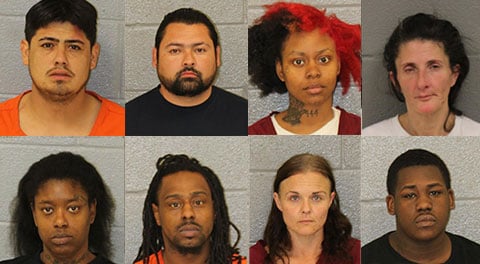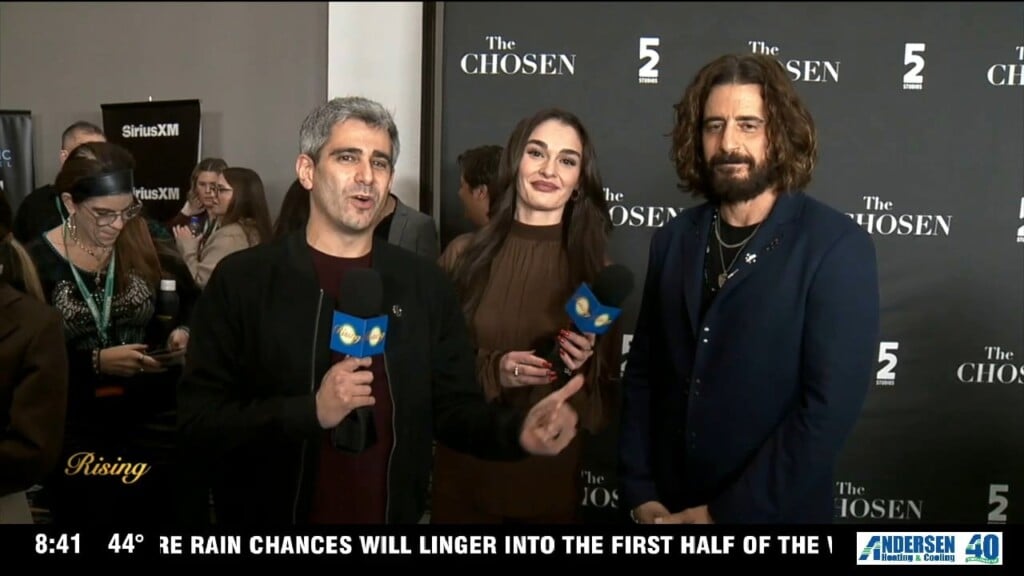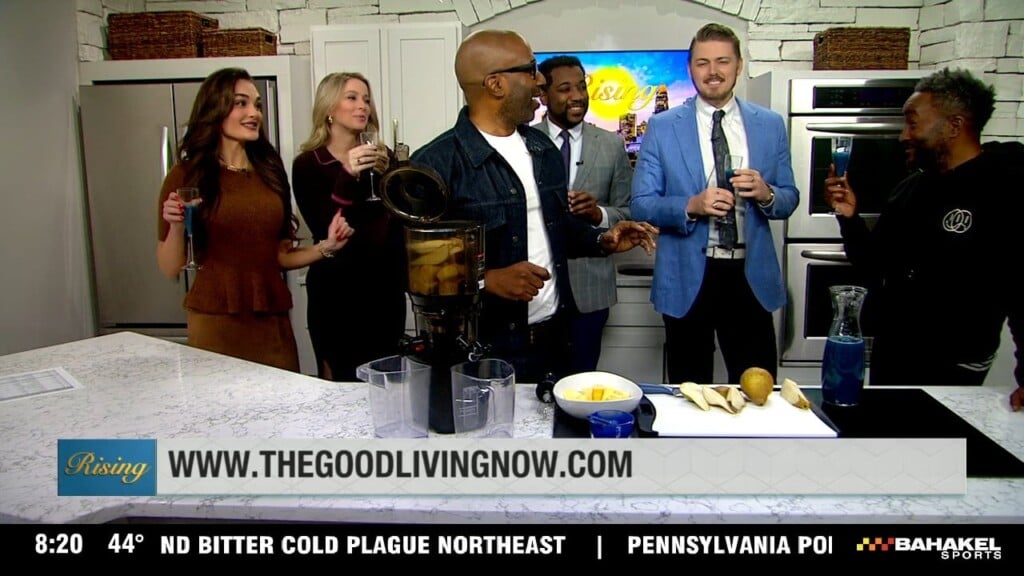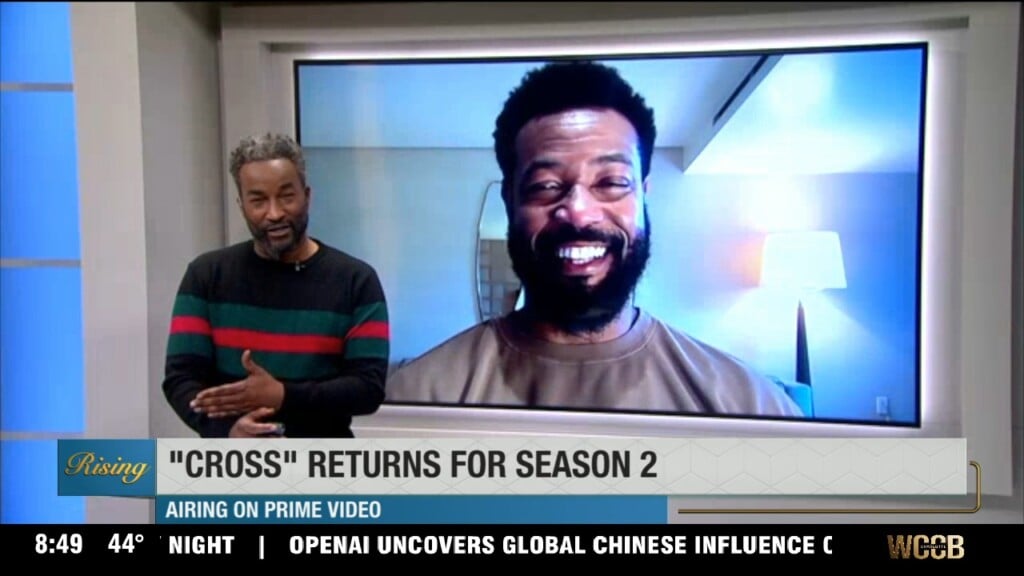It was an amazing finish to the Boston Marathon this year, for a couple of reasons. First, an American has won it for the first time in more than 30 years! And in a second, more somber sense, it’s a far cry from the end of the race last year, when three people were killed and hudreds more injured. That heinous ending was thanks to pressure cooker bombs investigators say were placed by two brothers, whose names some people don’t ever want to hear again.
The names are already out there: Dzhokhar and Tamarlan Tsarnaev. Tamarlan was killed during police pursuit, and Dzhokhar is still awaiting trial. But there’s a line of thinking out there that we in the media shouldn’t use the names of people suspected in such heinous acts, that notoriety could lead others to commit copycat acts just to get their names in the headlines.
Recently, some news outlets refused to use the name of the recent Fort Hood mass shooter. Even though the suspect’s name was available early in the course of events, many saw it s insensitive to focus attention on the name of the suspect over those of the victims.
But this is 2014, the age of Twitter, Facebook, and Instagram. News travels faster than ever before, and part of the story is the name of the suspect. Even in our 10pm newscast, we named at least 6 people arrested for crimes ranging from chicken fighting to murder.
And if we’re naming them, why shouldn’t we name suspects wanted in mass crimes. Does the egregious nature of the incidents play a part? That’s what our Man on the Edge, Robert Wilder, went to find out…




